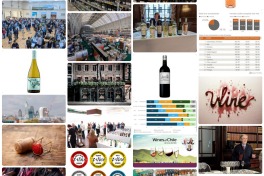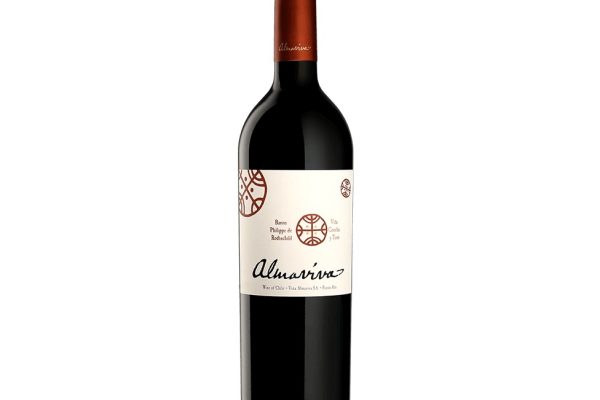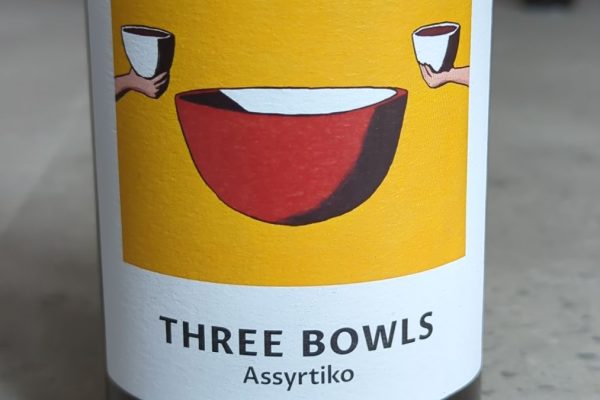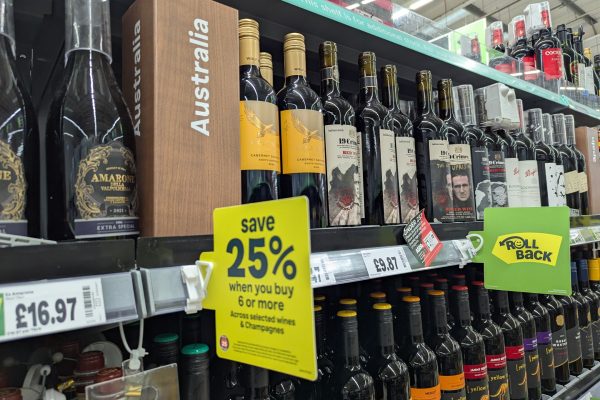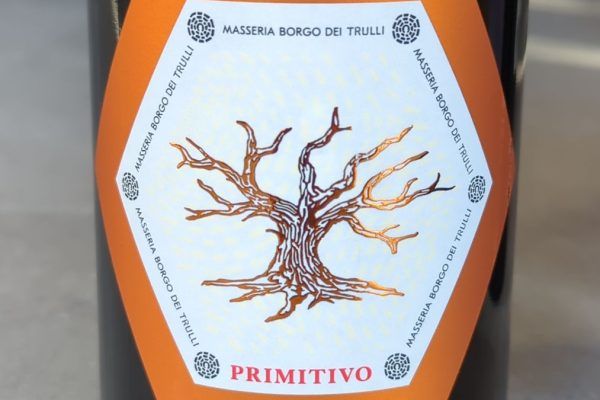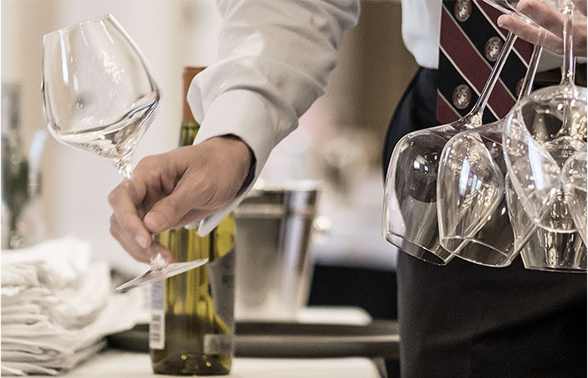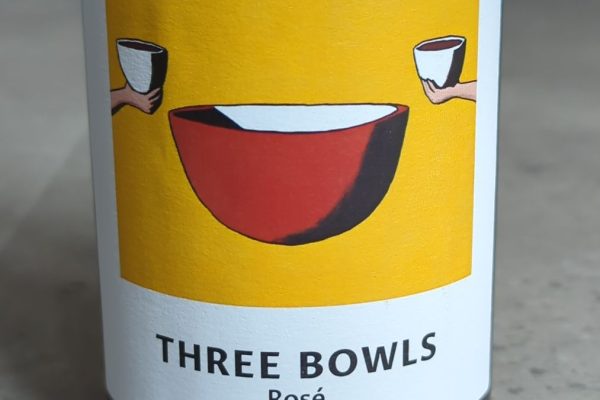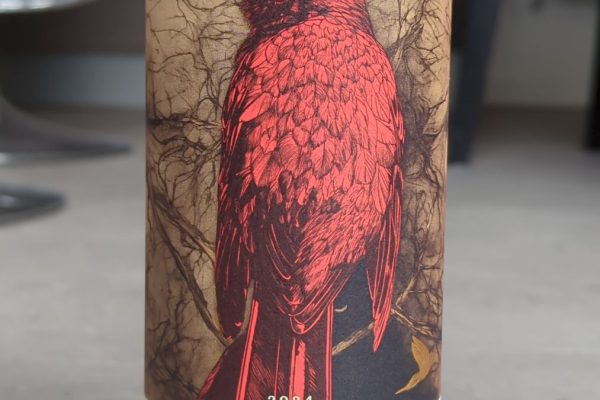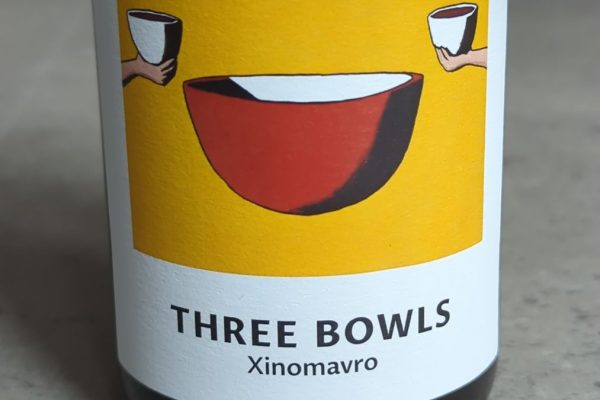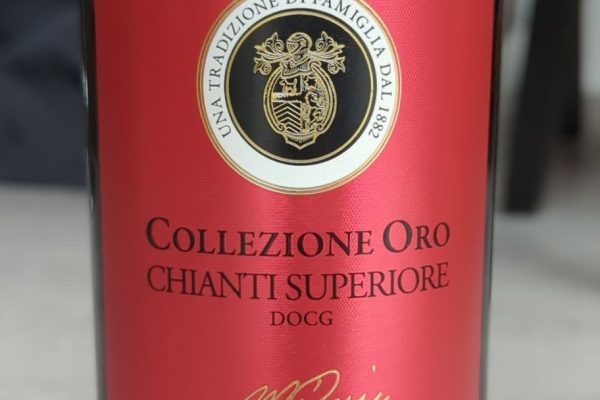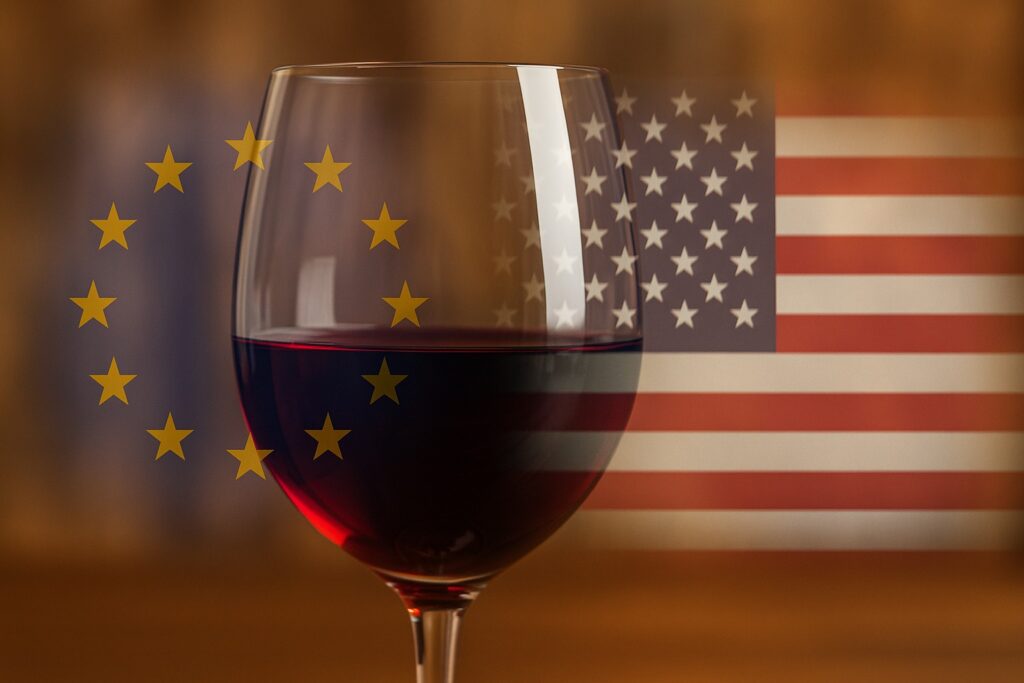
The Financial Times is reporting (paywall) that the United States is set to impose a 15% tariff on European Union wine and spirits from Friday 1st August 2025, despite lobbying by France and Italy to exempt these products. The European Commission confirmed that while some goods, like aircraft and cork, have secured exemptions, wine and spirits are not currently included. EU trade spokesperson Olof Gill noted that discussions are ongoing, but wine and spirits are expected to be subject to the full tariff rate unless a late change is made.
The timing is critical, as US trading partners are racing to finalise tariff deals before President Trump’s 1 August deadline. The European Commission also indicated that a planned joint EU-US trade statement might be delayed as talks continue. However, the 15% tariff and certain exemptions are still expected to come into force on Friday, pending Trump’s formal approval.
An analysis by BW166 explores the potential consequences of the tariff on the wine market, assuming it is applied. The wine sector is highly fragmented, with hundreds of thousands of wines on the US market and no dominant brands. This means wine is more vulnerable to shifts in pricing because buyers, especially in restaurants and shops, can easily substitute wines to protect their margins.
Based on historical price and volume data, BW166 estimates that a $2.69 increase in retail price (from a $20 bottle) due to the tariff could lead to a 52% drop in sales volume. This poses a stark dilemma for EU wine producers, either absorb the tariff and reduce profit margins significantly or pass it on to consumers and risk a dramatic fall in sales.
In one model, a producer with a 50% gross margin would see profits drop by 26% if the tariff is absorbed, or 52% if passed on. For producers with lower margins, either option could make the business unviable. The analysis also highlights that while EU producers face these risks, US-based importers, distributors, and retailers enjoy much higher combined margins, which could soften their exposure. The tariff could have a damaging ripple effect across the EU wine sector and its associated US supply chain.
US tariffs of 15% on EU wine from 1 August 2025 are likely to have global repercussions, including in the UK, despite not applying directly to UK imports. With the US being the EU’s biggest wine export market, demand is expected to drop sharply, prompting European producers to divert large volumes of wine, especially new releases, towards the UK and other markets. This oversupply could result in lower wine prices in the UK as competition intensifies. While consumers may benefit from cheaper and more varied choices in the short term, ongoing low prices could threaten the viability of some EU wine producers in the longer term, leading to less variety and possible industry consolidation.




